Dibromoacetic acid
Chaska
Dibromoacetic acid, one of the group of five haloacetic acids regulated by federal standards, is formed when chlorine or other disinfectants are used to treat drinking water. Haloacetic acids and other disinfection byproducts increase the risk of cancer and may cause problems during pregnancy. Click here to read more about disinfection byproducts.
14
Samples
0
Samples exceeding legal limit (MCL)
8
Samples exceeding
health guidelines
Testing results - average by year
| Year | Average result | Samples taken | Detections | Range of results |
|---|---|---|---|---|
| 2013 | N/A | 0 | 0 | N/A |
| 2014 | 0.600 ppb | 2 | 1 | ND - 1.20 ppb |
| 2015 | 0.900 ppb | 2 | 1 | ND - 1.80 ppb |
| 2016 | 0.950 ppb | 2 | 1 | ND - 1.90 ppb |
| 2017 | 0.600 ppb | 2 | 1 | ND - 1.20 ppb |
| 2018 | 0.576 ppb | 4 | 3 | ND - 1.10 ppb |
| 2019 | 0.600 ppb | 2 | 1 | ND - 1.20 ppb |
ppb = parts per billion
State and national drinking water standards and health guidelines
EWG Health Guideline 0.04 ppb
The EWG Health Guideline of 0.04 ppb for dibromoacetic acid was defined in a peer-reviewed scientific study by EWG and represents a on-in-a-million lifetime cancer risk level. This health guideline protects against cancer.
ppb = parts per billion
All test results
| Date | Lab ID | Result |
|---|---|---|
| 2014-12-17 | 14L0762-01 | ND |
| 2014-12-17 | 14L0762-02 | 1.20 ppb |
| 2015-12-02 | 15L0168-01 | ND |
| 2015-12-02 | 15L0168-02 | 1.80 ppb |
| 2016-12-05 | 16L0212-01 | ND |
| 2016-12-05 | 16L0212-02 | 1.90 ppb |
| 2017-12-05 | 17L0191-01 | ND |
| 2017-12-05 | 17L0191-02 | 1.20 ppb |
| 2018-07-02 | 3978220 | 0.448 ppb |
| 2018-07-02 | 3978221 | 0.756 ppb |
| 2018-12-03 | 18L0015-01 | ND |
| 2018-12-03 | 18L0015-02 | 1.10 ppb |
| 2019-12-02 | 19L0015-01 | ND |
| 2019-12-02 | 19L0015-02 | 1.20 ppb |
